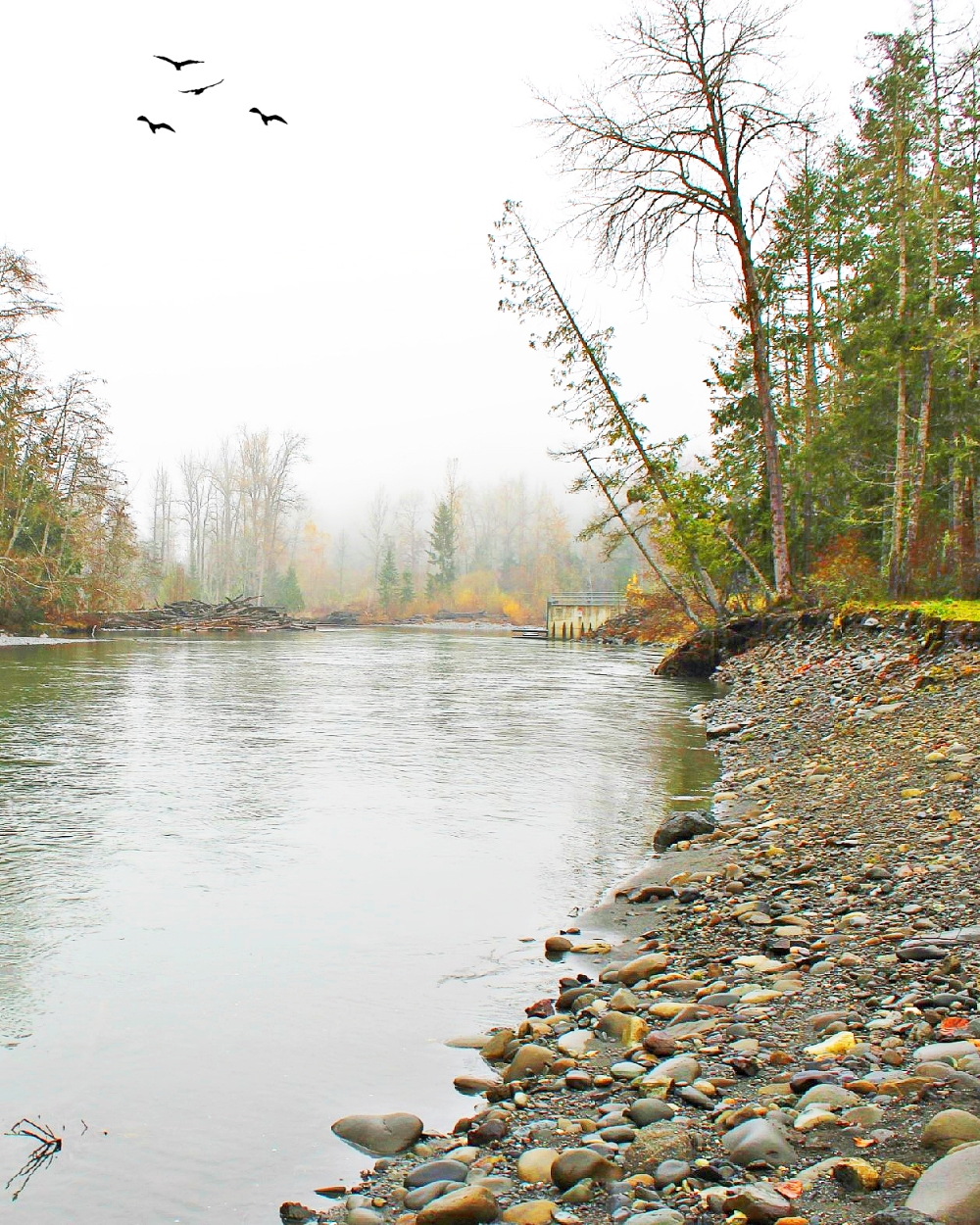Class Action Lawsuit | Environment | Europe
Thousands join High Court claim over ecological damage to River Wye
In a landmark environmental case, thousands of local residents, farmers, and environmental activists have joined a High Court lawsuit accusing two major UK poultry companies of causing large-scale pollution in one of the country’s most iconic rivers — the River Wye.
The class action lawsuit has been filed against Avara Foods Limited and Freemans of Newent Limited, both heavily involved in poultry farming and processing in the region. The claimants allege that runoff from chicken waste, phosphorus-rich manure, and agricultural effluent has led to a dramatic ecological collapse of the River Wye ecosystem — turning once-clear waters into toxic green swamps.
Environmental campaigners have called this the largest river pollution case in British legal history, with potential implications for how agricultural industries are regulated across the UK.
The Allegations: “Systematic Environmental Damage”
According to legal filings, the defendants are accused of:
- Allowing excessive levels of chicken manure and nutrients to enter the Wye catchment area
- Contributing to the spread of phosphorus pollution, leading to dangerous algal blooms
- Failing to manage and treat agricultural waste properly
- Ignoring environmental warnings and breaching common law duties to surrounding communities
The claimants are seeking both financial compensation and injunctive relief — including stronger pollution controls and independent environmental monitoring of the companies’ operations.
“This is not a one-off incident — it is the result of years of industrial-scale poultry farming with little accountability,” said a lawyer for the claimants. “The companies profited while the river, and the communities that depend on it, suffered.”
Why the River Wye?
The River Wye is a protected Site of Special Scientific Interest (SSSI) and an Area of Outstanding Natural Beauty (AONB). It is also a vital resource for tourism, recreation, agriculture, and wildlife. But in recent years, the river has become the focus of a fierce environmental battle, as the poultry industry in the surrounding areas — particularly Herefordshire and Powys — has rapidly expanded.
A recent report by the Environment Agency and Natural Resources Wales found that up to 70% of pollution in the Wye is linked to agriculture, with poultry farming singled out as a primary contributor.
A Legal First: Mass Action for Environmental Harm
This case is being closely watched because it represents a novel legal strategy in the UK — using a group litigation order to bring mass claims for environmental damage. Thousands of individual claimants have joined under a unified legal claim, similar in structure to class actions more commonly seen in the U.S.
“This case could set a precedent for holding industrial agricultural operators accountable at scale,” said a professor of environmental law at University College London. “It’s a test of how English common law deals with diffuse, long-term ecological harm.”
Defendants Deny Responsibility
In response, both Avara Foods and Freemans of Newent have denied the allegations and signaled their intention to contest the claims vigorously.
Avara, in a public statement, said it “takes its environmental responsibilities seriously” and that it complies with all applicable environmental and agricultural regulations. The company also emphasized that pollution in the River Wye is a “multi-factorial problem,” not attributable to any single industry.
Freemans of Newent has not publicly commented but is expected to issue a legal response before the preliminary hearings.
Broader Implications: Agriculture Under Scrutiny
This lawsuit comes amid growing political and legal pressure on the UK farming sector to reduce its environmental footprint, particularly in the wake of post-Brexit regulatory shifts and new sustainability targets.
Key potential outcomes of the case could include:
- New legal standards for agricultural pollution liability
- Enhanced regulatory oversight of large-scale poultry farming
- Increased pressure for government action on river protection and climate resilience
- A pathway for future mass environmental claims in the UK
The case may also influence policymaking in Wales and England, where river quality and rural economic interests are frequently at odds.
Conclusion: A Watershed Legal Moment?
For the communities along the River Wye, this lawsuit represents a last-ditch effort to protect an ecosystem in crisis. For the broader legal and agricultural world, it may signal the beginning of a new era in environmental accountability and citizen-led legal action.
As hearings begin in the High Court, all eyes will be on whether the British legal system is prepared to hold corporate polluters accountable — not just for broken laws, but for broken ecosystems.






